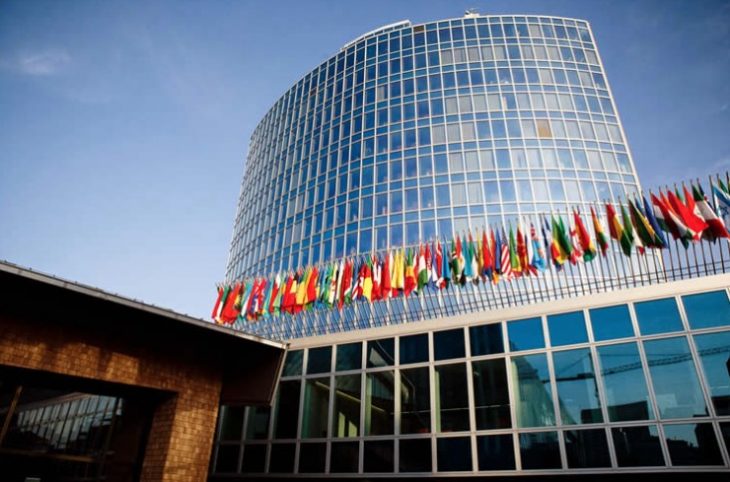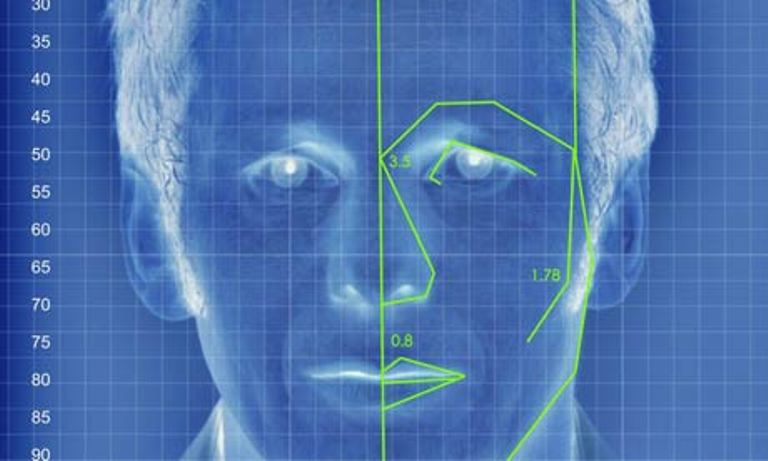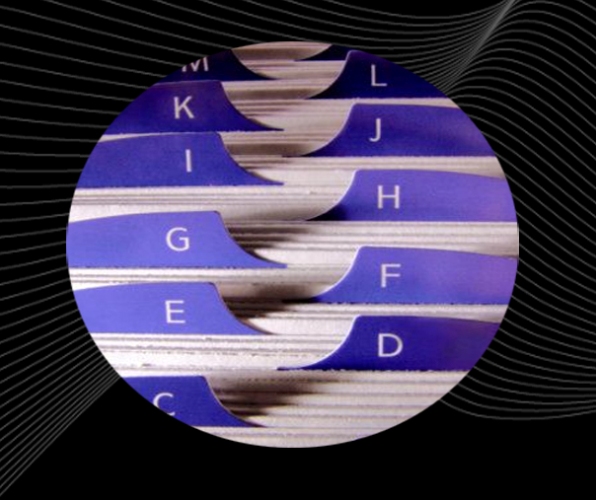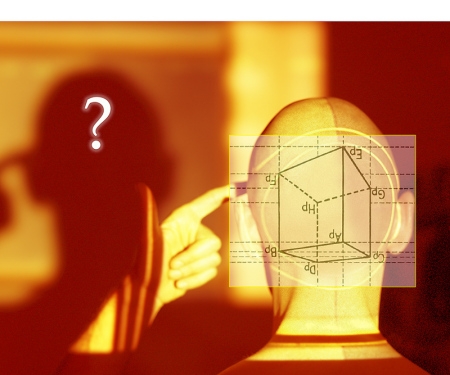Por: WIPO MAGAZINE 2011
Architecture is deeply woven into the fabric of human history and culture, and its influence cannot be underestimated. Born of the fundamental human need for shelter, the art of designing and constructing buildings has generated countless inspiring and commanding structures across the globe. From a humble cottage to iconic works such as the ancient pyramids of Egypt or the Sagrada Familia in Barcelona, Spain, architecture influences our daily lives and our environment.
Architecture is defined as the “art of designing and constructing buildings”. It is both a functional and an artistic endeavor. This explains why architecture has provoked so much controversy through the ages. While architecture provides a blueprint for the design of structures for human habitation, these structures are so much more than merely utilitarian or functional. Architecture conceptualizes space and ensures that a structure is both habitable and in harmony with the surrounding environment. At times these structures are genuine works of art, providing inspiration and conferring a sense of well-being. They have the power to shape our lives and change our perceptions. Architecture, however, has not always been recognized as worthy of protection under copyright law. The following discussion demonstrates that, in many jurisdictions, this remains a thorny issue.
Under certain national copyright laws, the moral rights of creators are not limited in time; they are perpetual. This can create difficulties for those who own buildings and subsequently seek to renovate or modify them. Colombia is one of the few countries in the world to have an established copyright law that seeks to balance the moral rights of architects and the rights of building owners. Article 43 of Law 23 of 1982 on Copyright essentially states that if the owner of an architectural work wishes to modify it, the architect of that work has no legal grounds on which to stop this. It does, however, add that the architect “may prohibit his name from being associated with the modified work”.
This practice is uncommon in Europe where the right to the integrity of a work includes protecting it against any unauthorized material modification or against damage to the author’s reputation. European laws governing the protection of architectural works do not favor building owners. However, under certain circumstances, for example, when health and safety issues arise, a building owner may be authorized to modify a building. In these instances, most national laws accord architects the right to choose not to appear as the author of the modified the work.
Today architecture faces many challenges. While the IP rights of architects are sure to continue to spark heated legal battles, the practice of architecture will have to become more people-focused, particularly in light of recent natural disasters. A move towards a more transparent, coherent global practice in architecture, which enables architects to be more closely connected and more aware of the work of their counterparts elsewhere, would certainly help reduce the number of IP-related lawsuits.
The Sagrada Familia church in
Barcelona, Spain. Designed by
Catalan architect, Antoni Gaudí
(1852-1926). One of Europe’s
architectural landmarks.
(Photo: www.viajescondestino.com)














